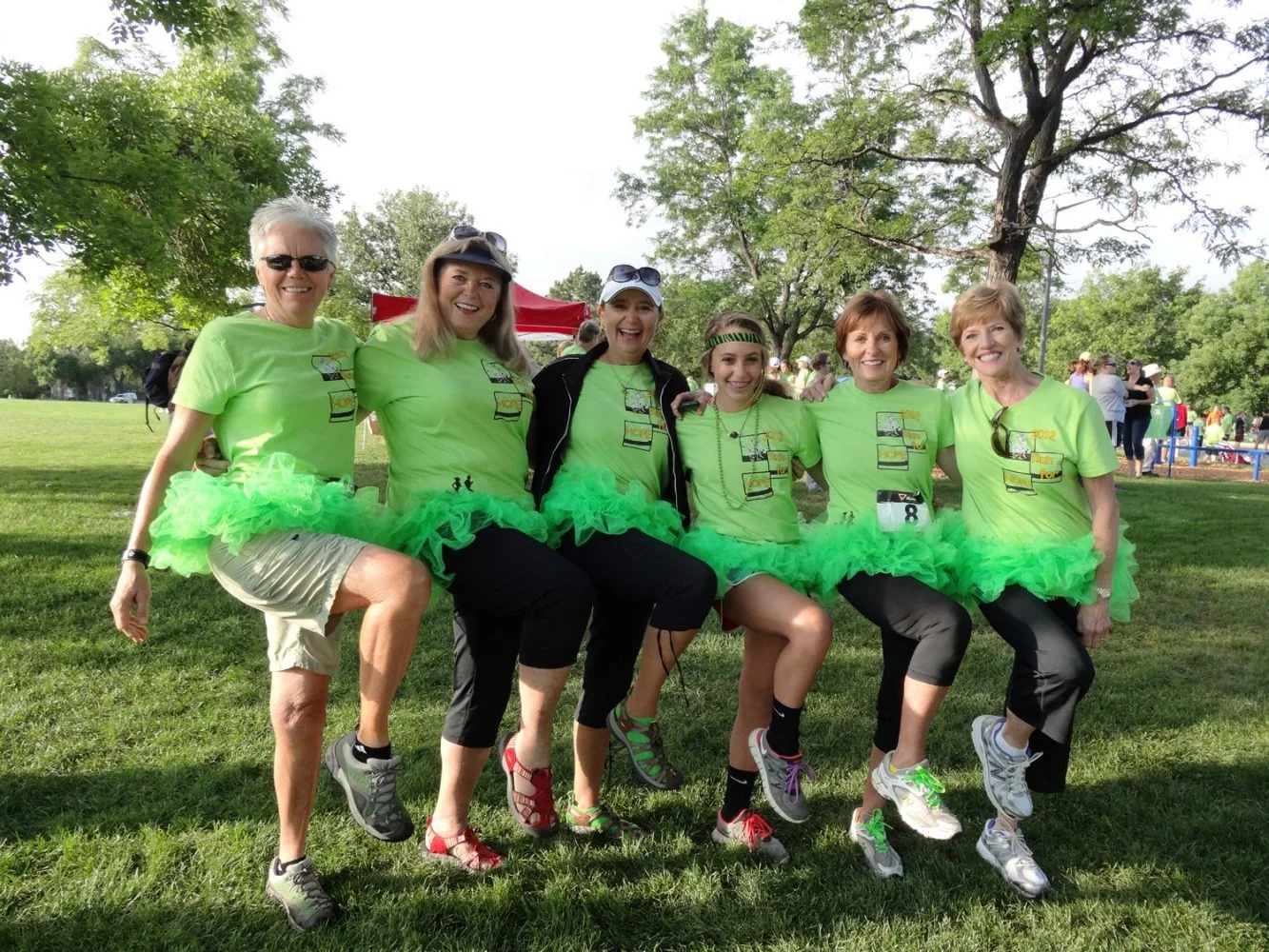
It was 2004, and Jeanne Lambert felt alone in her recent cancer diagnosis. Although she was a registered nurse at Poudre Valley Hospital, she knew little about neuroendocrine tumors and even less about fighting them. And she desperately wanted to find meaning in all of it.
Neuroendocrine tumors originating in the gastrointestinal tract — also called carcinoid tumors — arise from neuroendocrine cells. Instead of accumulating in one big lump, they are sprinkled throughout the body.
For Lambert, her journey with a disease that she now calls “the sweetest blessing in my life” started at age 61 — 13 years ago — with symptoms that she wrote off as menopause. But then they became so bad that she had to undergo emergency bowel resection. It wasn’t until then that her symptoms, which included diarrhea and flushing, finally made sense — she had a 2-centimeter neuroendocrine tumor in her small intestines, and the cancer had metastasized to her liver.
“You can’t make a diagnosis unless you think of it,” said Dr. Tom Purcell, director of the UCHealth Oncology service line and Lambert’s oncologist, specializing in GI and lung cancer.
Because the symptoms — diarrhea, flushing, hypertension, abdominal pain — mimic other diseases, neuroendocrine tumors as a cause are often overlooked and other diseases, such as irritable bowel syndrome are instead suspected.
“(Neuroendocrine cancers) are hard to diagnose,” Purcell said. “It’s why many times it’s not diagnosed quickly or it’s diagnosed late. The symptoms aren’t as obvious and the tumors can be quite indolent.”
But Lambert’s hopelessness in her diagnosis soon turned into a determination to find out more, and to spread that hope and education to others. That led her to the National Carcinoid Cancer Conference, where she became aware of the multiple options available to her. She wanted to spread that news — and hope — to the medical community and those diagnosed in northern Colorado.

“On that day in April 2005, I became instantly aware of my God-wink moment as I drove down Harmony (Road in Fort Collins) corridor seeking what God would have me do that would be purposeful with my diagnosis,” Lambert recalled. “The answer I heard that day was ‘How about a road race?’”
Literally within 15 minutes of determining a Fort Collins road race could help her bring awareness and raise funds for research, she had enough support — physically and financially — to get the first Run for Hope 5K established. She hoped for 45 runners on that August morning; she got nearly 450 and raised about $16,000 — just one of the many amazing experiences she attributes to her cancer.
“We were just a pebble in 2005 — barely made a ripple — but from that ripple came waves of hope for which I will be eternally grateful,” Lambert said.
From there, she grew a small army of others dealing with the same disease — all supporting each other in their battles.
“Jeanne (Lambert) is amazing,” Purcell said. “She has a can-do attitude and has brought together this unique support group that has a lot of interactions and collaboration — more than any other tumor group. She really is a pioneer and has put aside her personal privacy to be a spokesperson and leader for this particular cancer. She’s leaving a legacy for patients to be empowered.”

Only about 20 in 1 million people are diagnosed with neuroendocrine tumors originating in the gastrointestinal tract. However, from a disease prevalence standpoint, it is the second most common GI cancer after colon cancer, Purcell said. And there have been recent advances in both treatment and detection.
For example, the DOTATATE PET/CT scanner allows doctors to detect neuroendocrine tumors more readily. This new technology also helps doctors to personalize therapy for individual patients by providing more information.
And then there is peptide receptor radionuclide therapy (PRRT), a molecular therapy that Purcell said is currently being reviewed by the FDA, and once approved will be available as a treatment option at UCHealth.
“Neuroendocrine tumors are not as rare as you may think,” Purcell said. “And you’re not going to find something unless you are looking for it… It’s not the same as a typical, aggressive tumor. It can lay dormant for years, but it is a cancer, and like any cancer, there are benefits to early diagnosis.”
Run for Hope 5K continues to spread hope in its 13th year and will be held this year at City Park in Fort Collins on Aug. 12, starting at 8 a.m. For more information or to register for the race, go to www.runforhope.net.
